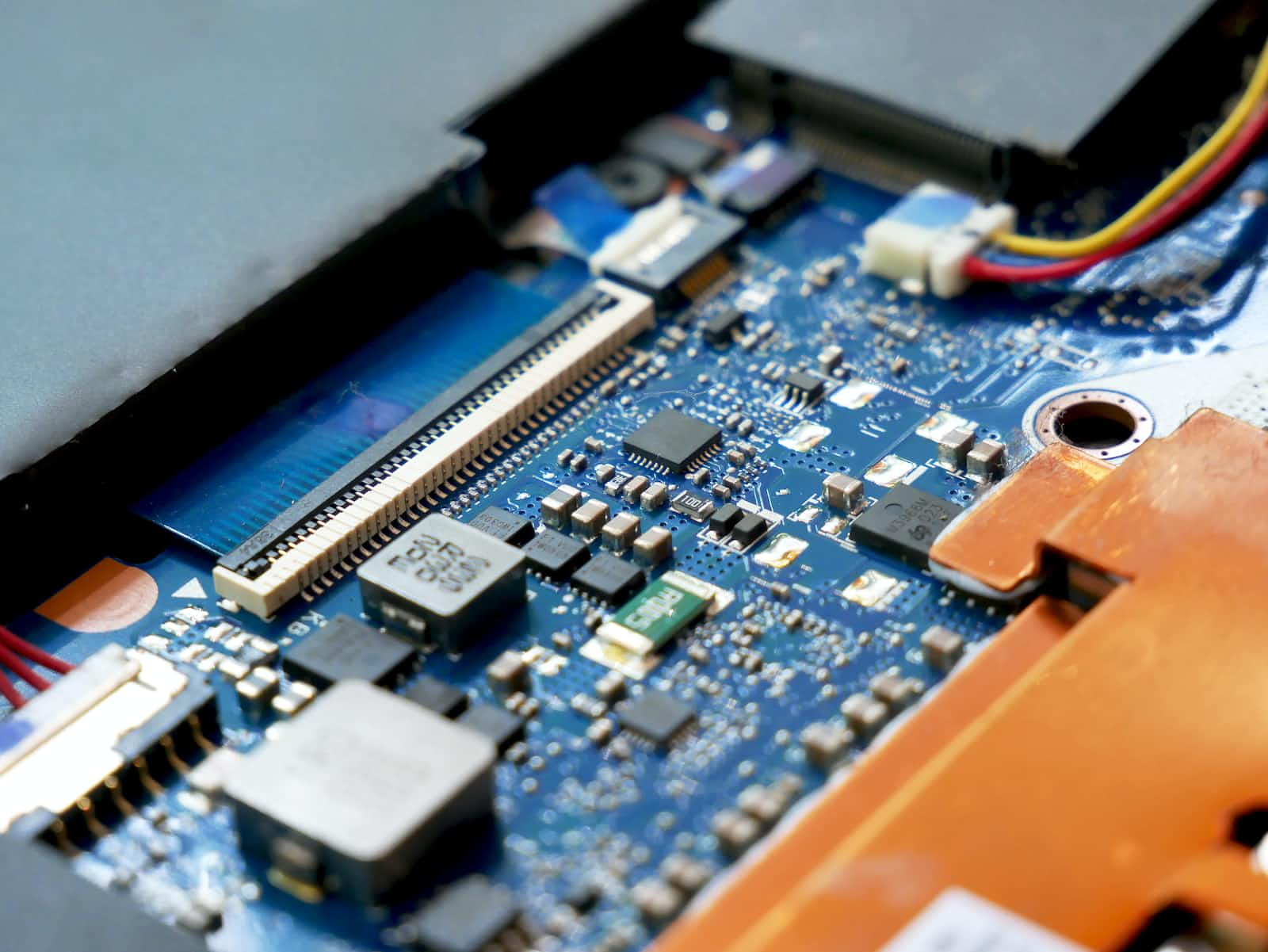Diving Deep into Memory Management: Java GC vs Go GC
 Bikram Sarkar
Bikram Sarkar
In the world of programming languages, memory management plays a pivotal role in ensuring efficient and robust software. Automatic garbage collection (GC) is a feature that many modern languages offer to handle memory allocation and deallocation seamlessly. In this blog, we'll delve into the intriguing realm of memory management by comparing the garbage collection mechanisms of two popular languages: Java and Go (Golang). From their approaches to concurrency and pauses to the impact on application performance, we'll dissect the key differences and similarities between these two languages' GC strategies.
| Aspect | Java GC | Go (Golang) GC |
| Managed Language | Java is a managed language with automatic GC | Go is a managed language with automatic GC |
| GC Implementation | Handled by the Java Virtual Machine (JVM) | Handled by the Go runtime |
| Concurrency | Generally stop-the-world pauses during GC | Concurrent garbage collection to minimize pauses |
| GC Algorithms | Different algorithms available (e.g., G1, CMS, Serial, Parallel) | Go employs a concurrent mark-and-sweep algorithm |
| Memory Management | JVM manages memory and objects | Go runtime manages memory and objects |
| Object Lifetimes | Uses reference counting and reachability analysis | Uses tracing and marking for live objects |
| Pauses | Potential for longer stop-the-world pauses | Aim to minimize stop-the-world pauses |
| GC Impact | GC can affect application response times | GC aims to minimize the impact on application responsiveness |
| Tuning | Options to tune GC behavior (e.g., heap size, GC algorithm) | Less tuning options, designed for simplicity |
| Garbage Collection Types | Young Generation, Old Generation | Single heap with the generational approach |
| Memory Footprint | May require more memory due to different GC generations | Generally smaller memory footprint |
| Usage in Concurrency | GC-related locks can affect multithreaded performance | Concurrency-friendly design |
| Memory Leaks | May suffer from memory leaks if references are not managed | Generally less prone to memory leaks |
Thanks for reading.
Subscribe to my newsletter
Read articles from Bikram Sarkar directly inside your inbox. Subscribe to the newsletter, and don't miss out.
Written by

Bikram Sarkar
Bikram Sarkar
Forward-thinking IT Operations Leader with cross-domain expertise spanning incident & change management, cloud infrastructure (Azure, AWS, GCP), and automation engineering. Proven track record in building and leading high-performance operations teams that drive reliability, innovation, and uptime across mission-critical enterprise systems. Adept at aligning IT services with business goals through strategic leadership, cloud-native transformation, and process modernization. Currently spearheading application operations and monitoring for digital modernization initiatives. Deeply passionate about coding in Rust, Go, and Python, and solving real-world problems through machine learning, model inference, and Generative AI. Actively exploring the intersection of AI engineering and infrastructure automation to future-proof operational ecosystems and unlock new business value.